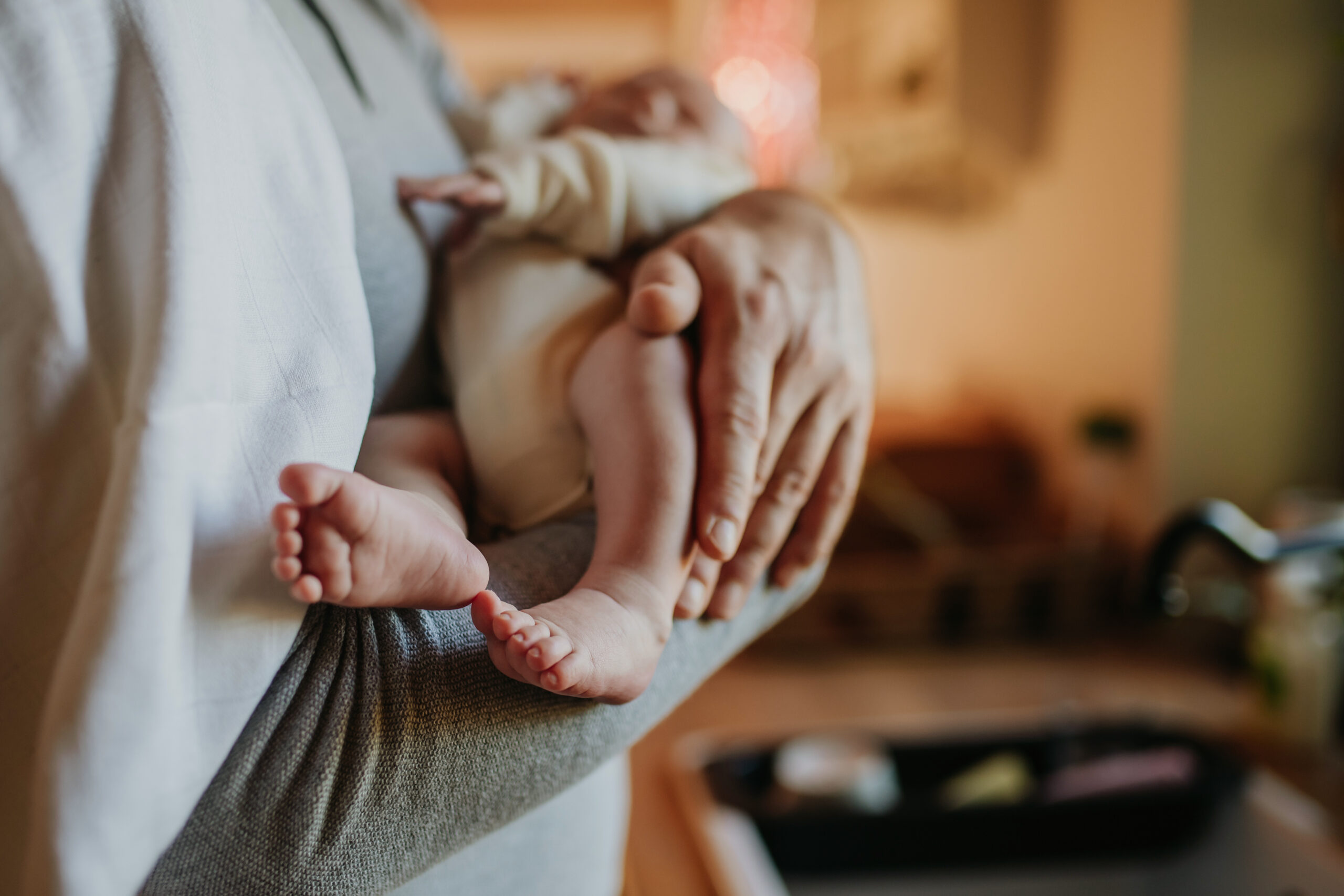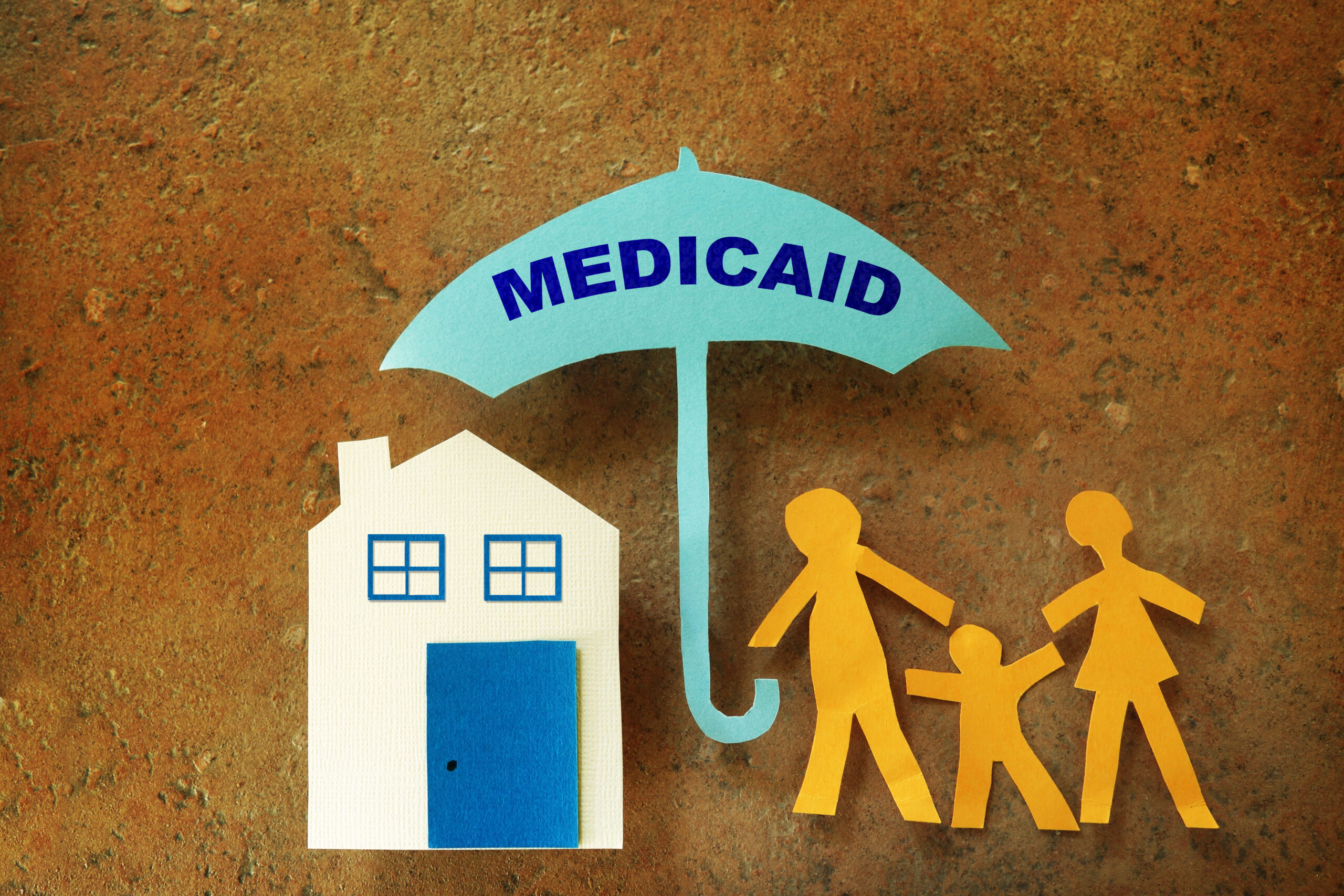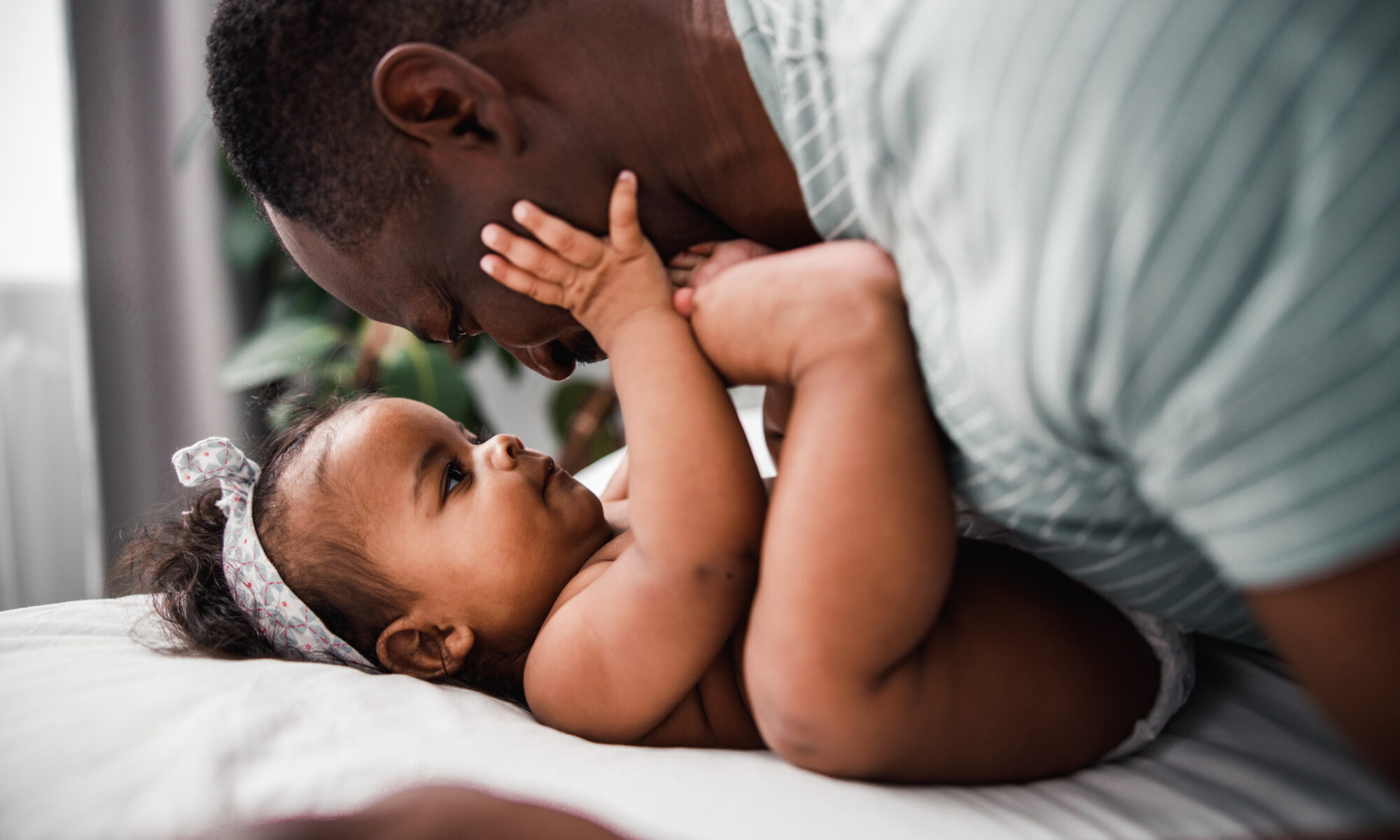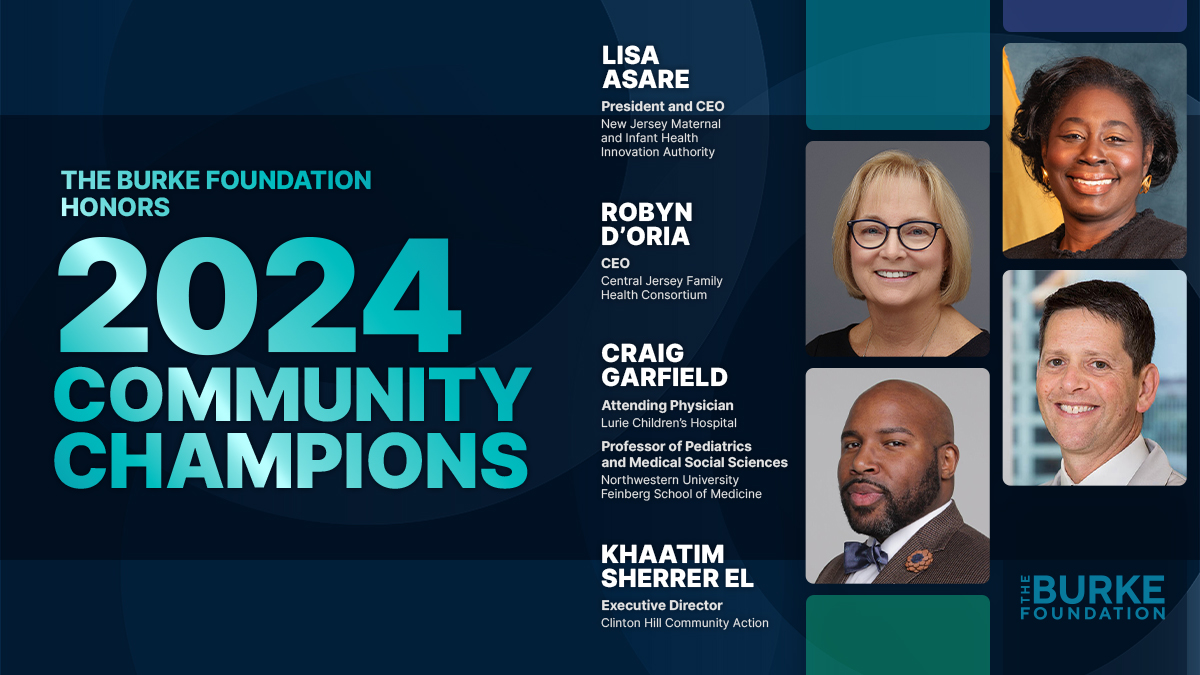👋 The first time I came across the concept of weathering — how the cumulative stress of racism ages the bodies and endangers the health of mothers and babies of color — I was stunned. It was a 2018 article in the New York Times Magazine by Linda Villarosa explaining something no medical chart could: why Black women, regardless of income or education, face some of the worst maternal health outcomes in the country.
At the Burke Foundation, one of our responses was to invest in community doulas who compassionately guide birthing families through a complex and often unwelcoming system. What we’ve seen from partnerships with community doulas is nothing short of extraordinary.










 As long as I’ve been a mom, I’ve relied on others to care for my sons while I work. That seems a pretty straightforward proposition. But for me and parents across the country, it can be financially, logistically, and emotionally taxing. Care often is expensive, hard to navigate, and chaotic when illness or a schedule change disrupts carefully orchestrated arrangements.
As long as I’ve been a mom, I’ve relied on others to care for my sons while I work. That seems a pretty straightforward proposition. But for me and parents across the country, it can be financially, logistically, and emotionally taxing. Care often is expensive, hard to navigate, and chaotic when illness or a schedule change disrupts carefully orchestrated arrangements.